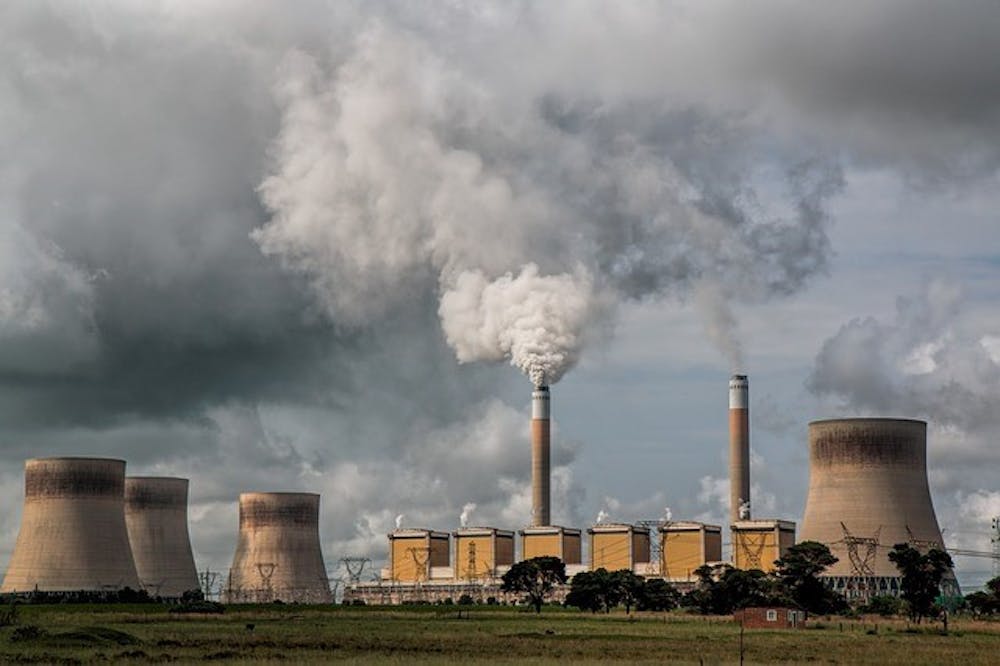
Our society literally runs on fossil fuels; however, according to the Intergovernmental Panel on Climate Change (IPCC), if this doesn’t stop by 2100 the world may suffer dangerous climate change.
The IPCC was established in 1988 by the United Nations Environment Programme (UNEP) and the World Meteorological Organization (WMO). The group is composed of scientists from around the globe, working together to provide the world with current knowledge of climate change as well as its potential impacts.
Since their founding, the IPCC has created 5 Assessment Reports regarding climate change. The 5th report, released November 2, 2014 summarized three of their previous reports which outlined the causes, impacts, and potential solutions to climate change. This assessment, however, took a more forceful stance on climate change, providing a specific timeline for the elimination of fossil fuels.
The burning of fossil fuels, or natural fuels such as coal or gas, releases carbon dioxide into the atmosphere, as well as other pollutants. According to Nasa, carbon dioxide release is “the most important long-lived ‘forcing’ of climate change.”
When carbon dioxide is released, it essentially becomes trapped in the atmosphere because CO2 can take thousands of years to dissipate. This CO₂, a greenhouse gas, plays a large role in the temperature of our planet. Without enough greenhouse gases, our planet would freeze, but with too many, our planet becomes too hot.
Our reliance on fossil fuels is increasing the amount of CO₂ released into the atmosphere, leading to a gradual increase in Earth’s climate.
Though we have known the detrimental impacts of fossil fuel usage for quite some time, Scientific American reports that at least through 2012, fossil fuel usage was on the rise. Thus, the IPCC has declared that unrestricted use of fossil fuels must be phased out by 2100 or else we will face significant environmental consequences.
One of the biggest takeaways of the report was the statement that “most of the world’s electricity can- and must- be produced from low-carbon sources by 2050”. Projected rates show renewable energy growing from 30% today to 80% by 2050, a remarkably hopeful estimate.
However, this is just one report of many declaring the importance of transitioning to cleaner energy sources. The science is behind it, the question now is whether the human population can stand behind it as well.
Photo License: Creative Commons
86 Years to Nix Fossil Fuels

